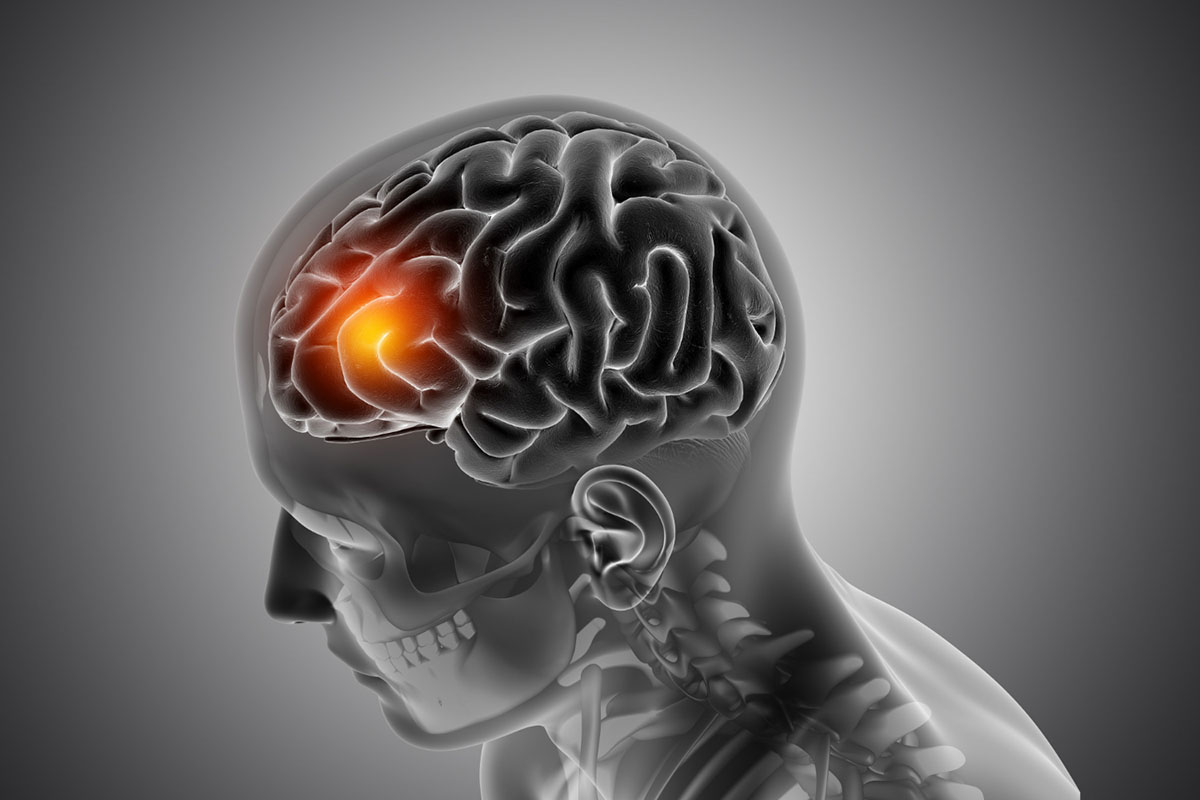Understanding Mild, Moderate, and Severe
Traumatic Brain Injuries (TBIs):Raymon Law Group
 Traumatic brain injuries (TBIs) can range from mild to severe, impacting victims’ lives in varying degrees. Understanding the differences between mild, moderate, and severe TBIs is essential for recognizing the symptoms, seeking appropriate medical attention, and determining the best course of action for recovery. In this blog post, we will provide a comprehensive overview of these three categories of TBIs, shedding light on their characteristics, symptoms, and potential long-term effects.
Traumatic brain injuries (TBIs) can range from mild to severe, impacting victims’ lives in varying degrees. Understanding the differences between mild, moderate, and severe TBIs is essential for recognizing the symptoms, seeking appropriate medical attention, and determining the best course of action for recovery. In this blog post, we will provide a comprehensive overview of these three categories of TBIs, shedding light on their characteristics, symptoms, and potential long-term effects.Mild Traumatic Brain Injury (Concussion):
A mild traumatic brain injury, commonly referred to as a concussion, is the most common form of TBI. It usually results from a blow or jolt to the head, causing a disruption in brain function. While concussions are considered less severe than other TBIs, they still require prompt medical attention.
Characteristics and Symptoms:
- Brief loss of consciousness (not always present)
- Confusion and disorientation
- Headache
- Nausea or vomiting
- Dizziness or balance problems
- Sensitivity to light or noise
- Changes in mood or behavior
- Memory problems
- Fatigue
Recovery
Moderate Traumatic Brain Injury:
Characteristics and Symptoms:
- Extended unconsciousness (minutes to hours)
- Intense confusion and disorientation
- Persistent headaches
- Frequent vomiting or nausea
- Seizures or convulsions
- Weakness or numbness in extremities
- Slurred speech
- Restlessness or agitation
Recovery
Severe Traumatic Brain Injury:
Severe TBIs result from severe head trauma, often leading to long-lasting cognitive, physical, and emotional challenges. These injuries are critical and necessitate immediate medical intervention.
Characteristics and Symptoms:
- Prolonged unconsciousness (hours to days)
- Profound confusion and disorientation
- Intense headaches
- Continual vomiting or nausea
- Seizures or convulsions
- Fluid draining from ears or nose
- Dilated pupils
- Inability to wake from sleep
- Lack of coordination
Recovery
Conclusion
Comprehending the differences among mild, moderate, and severe traumatic brain injuries empowers individuals to make informed decisions about their health and recovery. In the aftermath of a TBI caused by an accident or injury, seeking medical assistance promptly is essential. Additionally, seeking guidance from experienced legal professionals at Raymon Law Group, can assist in handling the legal and financial aspects of TBI cases.
Armed with comprehensive knowledge, individuals can make educated choices to achieve the best possible outcomes amidst the challenges posed by TBIs.
At Raymon Law Group, we’re on your side. We’ll treat you with respect and listen to your story. Then we’ll go after the people who hurt you.
Call (505) 390-1040 to learn more today. And remember: You won’t owe us anything unless we win you a settlement.
No comments:
Post a Comment